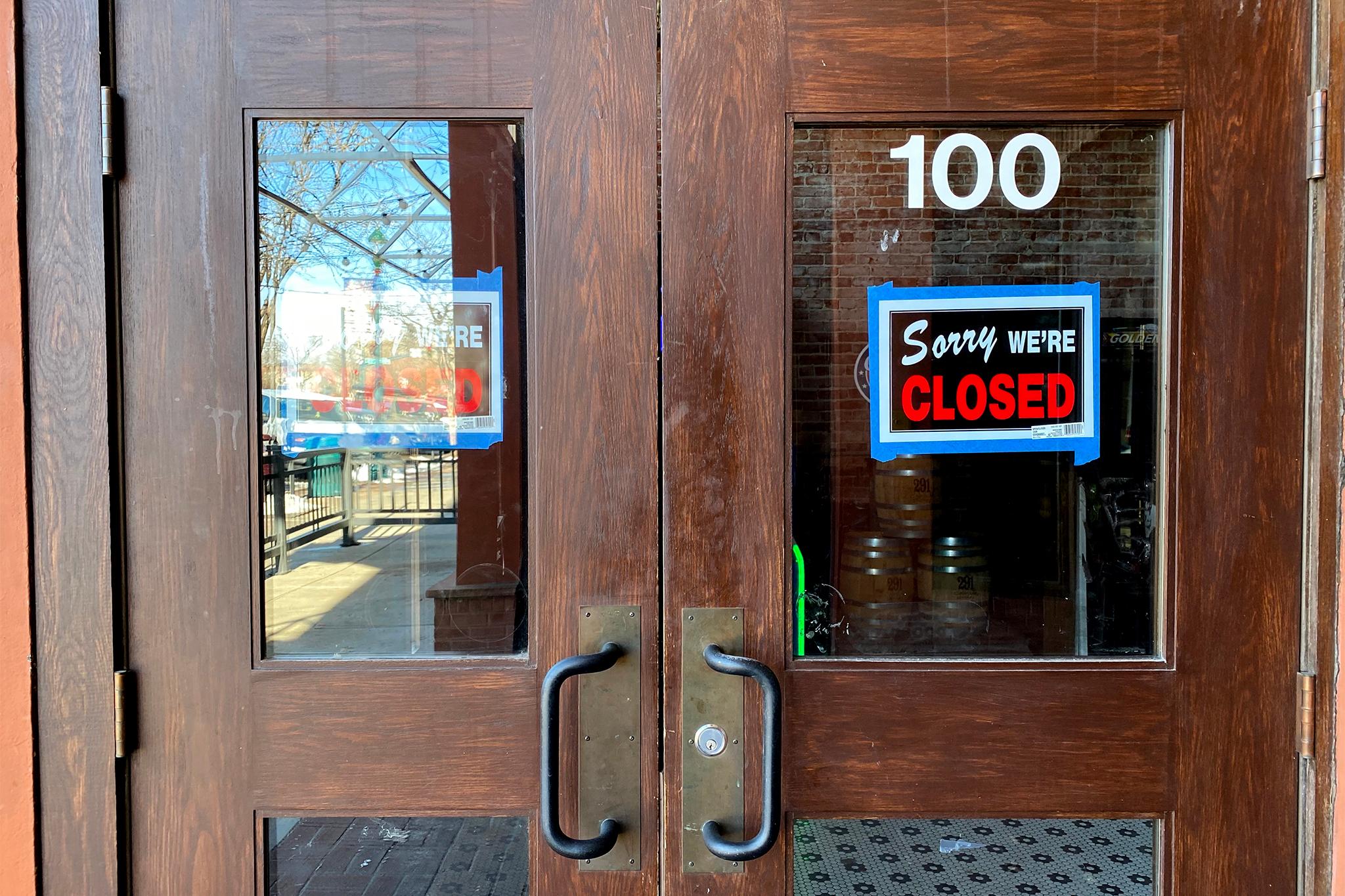
Colorado has handed over thousands of pages of health information of undocumented immigrants who accessed emergency services through Medicaid programs, including undocumented pregnant women.
The Centers for Medicare and Medicaid Services requested the information from Colorado’s Department of Health Care Policy and Finance, first in June. They then followed up with another request in October that included information about undocumented pregnant women who received emergency care.
The state agency said it complied with the request for information only after a federal judge in August prohibited data sharing between CMS and the Department of Homeland Security.
“CMS has threatened to withhold more than $18 million in federal funding if the state does not comply,” said Marc Williams, a spokesman for Health Care Policy and Finance. “HCPF will continue to challenge any inappropriate use of member data and will do everything in its power to safeguard the personal health information of the people we serve.”
The threat to withhold federal money from states or local governments is a frequently used tool by the Trump administration, with near-daily threats coming from the White House if states don’t comply with data sharing.
This includes a fight in Pennsylvania between the governor and the administration about whether the state should share personal data about those who receive food assistance. The U.S. Department of Agriculture has said it will withhold more than a billion dollars each year of money the state receives for food assistance.
Williams pointed out that the data provided in the format requested is technically not new, and it’s data the state has already submitted to CMS in other formats. This request is asking that it’s compiled in a particular way.
The request came in without a subpoena, he said. It asks the state to provide the Medicaid and recipient ID, enrollment month, date of application, category of eligibility, citizenship and immigration status and date of birth, among other things.
“The purpose of this data request is to verify that claims for Federal Financial Participation for individuals with unsatisfactory immigration status are for services to treat an emergency medical condition,” the letter to the state said.

Gov. Jared Polis has faced criticism, protests and even a whistleblower lawsuit for complying with federal requests for data around the state’s help for people unauthorized to be in the country.
In April, he was sued by a state Department of Labor employee who said he believed sharing personal information from a state agency with the federal government is illegal.
In 2021 and 2025, the state legislature passed laws banning disclosures of “personal identifying information that is not publicly available information for the purpose of investigating for, participating in, cooperating with, or assisting in federal immigration enforcement, including enforcement of civil immigration laws.”
Williams said in a statement that the ruling made by a California federal judge in August prevents this from happening. The Trump administration was sued by 20 attorneys general, including Colorado’s Phil Weiser, after CMS agreed to share personal data with federal immigration enforcement officials.
State Sen. Julie Gonzales, a Democrat representing Denver, has been critical of the state’s information sharing with the federal government, even though she empathizes with Polis and his team during the difficult time.
“It comes down to the issue of trust: do you trust the Trump administration to keep our data safe? And to keep the information of pregnant mothers or U.S. citizen babies safe? Or not?” Gonzales said. “At the end of the day, because I’ve seen the Trump administration manipulate facts and outright lie, the answer for me would be no.”
| This story is part of a collection tracking the impacts of President Donald Trump’s second administration on the lives of everyday Coloradans. Since taking office, Trump has overhauled nearly every aspect of the federal government; journalists from CPR News, KRCC and Denverite are staying on top of what that means for you. Read more here. |









